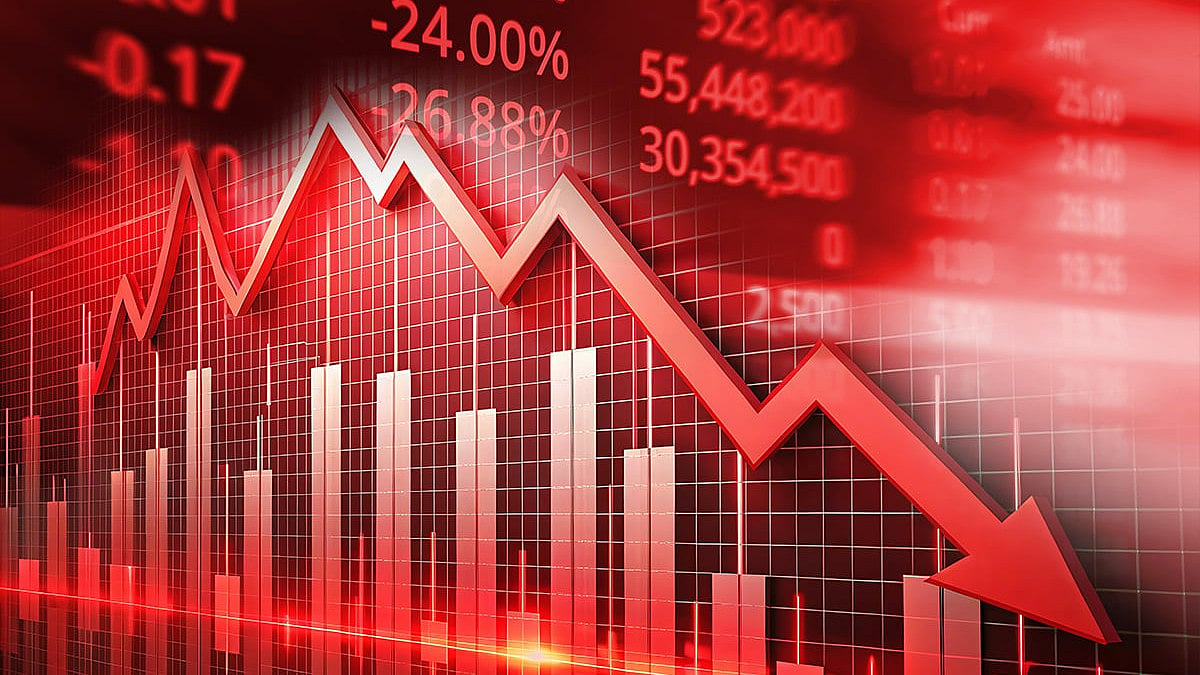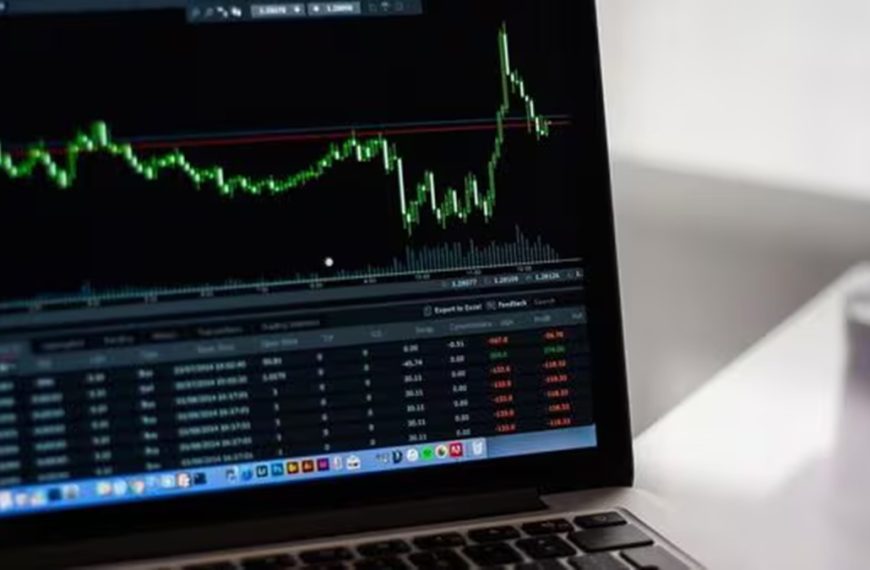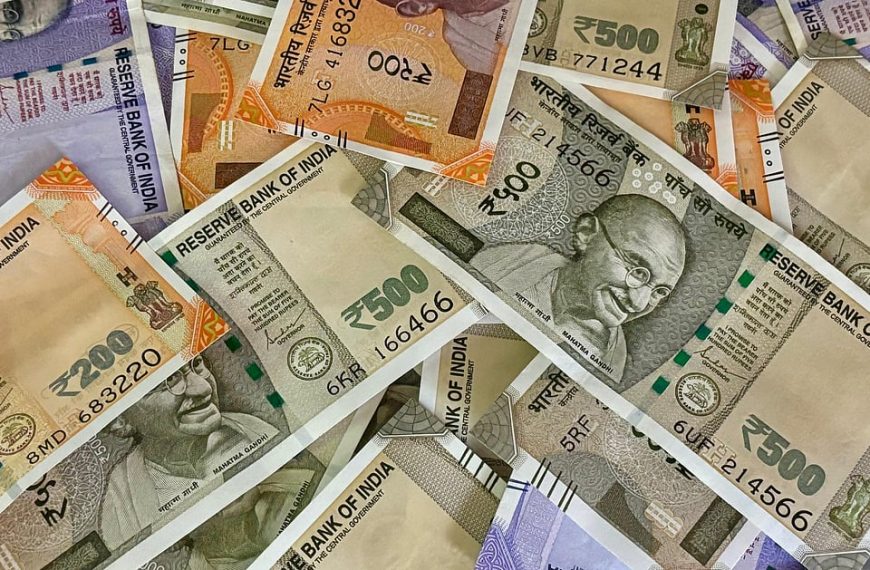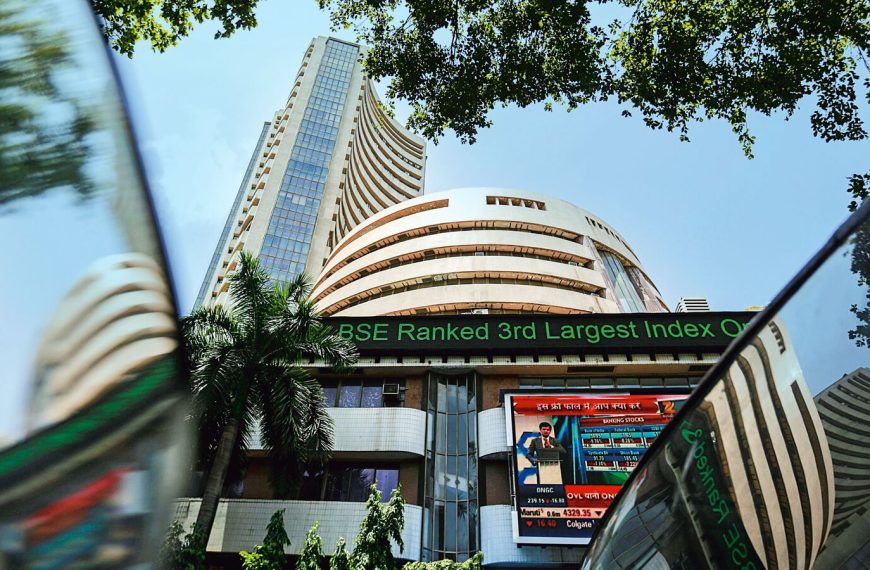The Indian stock market faced a significant downturn on Monday, marking its third consecutive day of declines. The Nifty 50 index plummeted by 5.07%, settling at 21,743.65, while the Sensex dropped 3,939.68 points to reach 71,425.01. This market slump follows a controversial announcement by former US President Donald Trump regarding new tariffs, which has sent shockwaves through global trading systems.
Market Overview: A Sharp Decline
The recent turbulence in the Indian stock market is part of a broader trend affecting global equities. Following Trump’s tariff announcement, Asian markets experienced their most significant drop in 14 years, heavily influenced by a massive sell-off in the United States. This decline was particularly evident in technology, metals, and automotive sectors.
- Nifty 50: Down 5.07% to 21,743.65
- Sensex: Down 3,939.68 points to 71,425.01
- Volatility Index (VIX): Surged over 50.20% during early trading hours
Global Market Impacts
The turmoil in the Indian markets is a reflection of global sentiment, with significant falls across Asia. Chinese stocks bore the brunt, reflecting fears that escalating trade tensions could hinder economic growth.
- Nikkei (Japan): -6.5%
- CSI 300 (China): -5.2%
- Hang Seng (Hong Kong): -9.1%
- Kospi (South Korea): -4%
- S&P/ASX 200 (Australia): -3.7%
- Taiwan’s Taiex: -9.7%
Additionally, the S&P 500 in the US recorded its steepest two-day decline since March 2020, wiping out over $5 trillion in value. The Nasdaq 100 has also entered a bear market, raising concerns about a possible recession in the world’s largest economy.
Oil Prices Take a Hit
In tandem with the stock market chaos, crude oil prices tumbled sharply. Saudi Arabia made headlines by drastically reducing its crude prices, which has raised alarms about a potential global recession and diminishing demand for energy.
- Brent Crude: Nearly 4% drop to $63.01 per barrel
- West Texas Intermediate (WTI): Down 2.6% to $60.40 per barrel
Tariff Announcement: A Game Changer
During a speech in the Rose Garden, Trump unveiled a 10% baseline tariff on imports from various nations, which is set to take effect on April 5. This sweeping policy affects numerous countries, including:
- India: 26% tariff on imports
- China: Up to 34% on certain goods
- European Union: 20% tariffs
- Allies like Israel and the UK: 17% and 10% respectively
In retaliation, China has announced its own tariffs and restrictions, contributing to heightened market volatility.
Foreign Institutional Investors (FIIs) Retreat
As uncertainty looms, foreign institutional investors have remained net sellers for five consecutive days. On Friday alone, they offloaded equities worth ₹3,484 crore, while domestic institutional investors also turned net sellers after a brief buying spree, reducing their holdings by ₹1,720.32 crore.
In April, FPIs have already sold equities worth ₹10,355 crore, surpassing March’s net selling figure of ₹3,973 crore.
Conclusion
The current state of the Indian stock market illustrates the interconnectedness of global economies and the profound impact of geopolitical decisions. As investors navigate this turbulent landscape, the focus will remain on the unfolding effects of trade tensions and the potential for a broader economic slowdown. Stay informed with the latest updates to understand how these developments could shape market dynamics moving forward.











